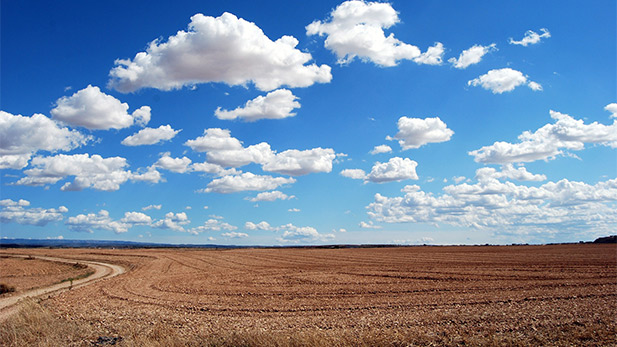 A field beneath a bright blue sky.
A field beneath a bright blue sky.
Researchers at the University of Arizona have have found a way to prevent the loss of millions of tons of crops to a fungus each year offering the potential to improve food security on a global level. Crops all over the world are susceptible to infection by a fungus that produces aflatoxins. Aflatoxins can stunt childhood growth, increase the risk of liver cancer and make people more susceptible to HIV and malaria.In the U.S., crops meant for human consumption are tested for aflatoxin and destroyed if the the toxins reach unacceptable levels but no testing is conducted in many developing countries around the world especially in Africa, where people depend on consuming what they harvest. UA Researcher Monica Schmidt, says her work has the potential to improve public health, save lives and eliminate the need to destroy millions of tons of grain because of the toxin.
In this Episode:
Monica Schmidt, Assistant Professor in Plant Sciences
Tim Swindle, Ph.D., Director and Head of the UA's Lunar and Planetary Lab

By submitting your comments, you hereby give AZPM the right to post your comments and potentially use them in any other form of media operated by this institution.